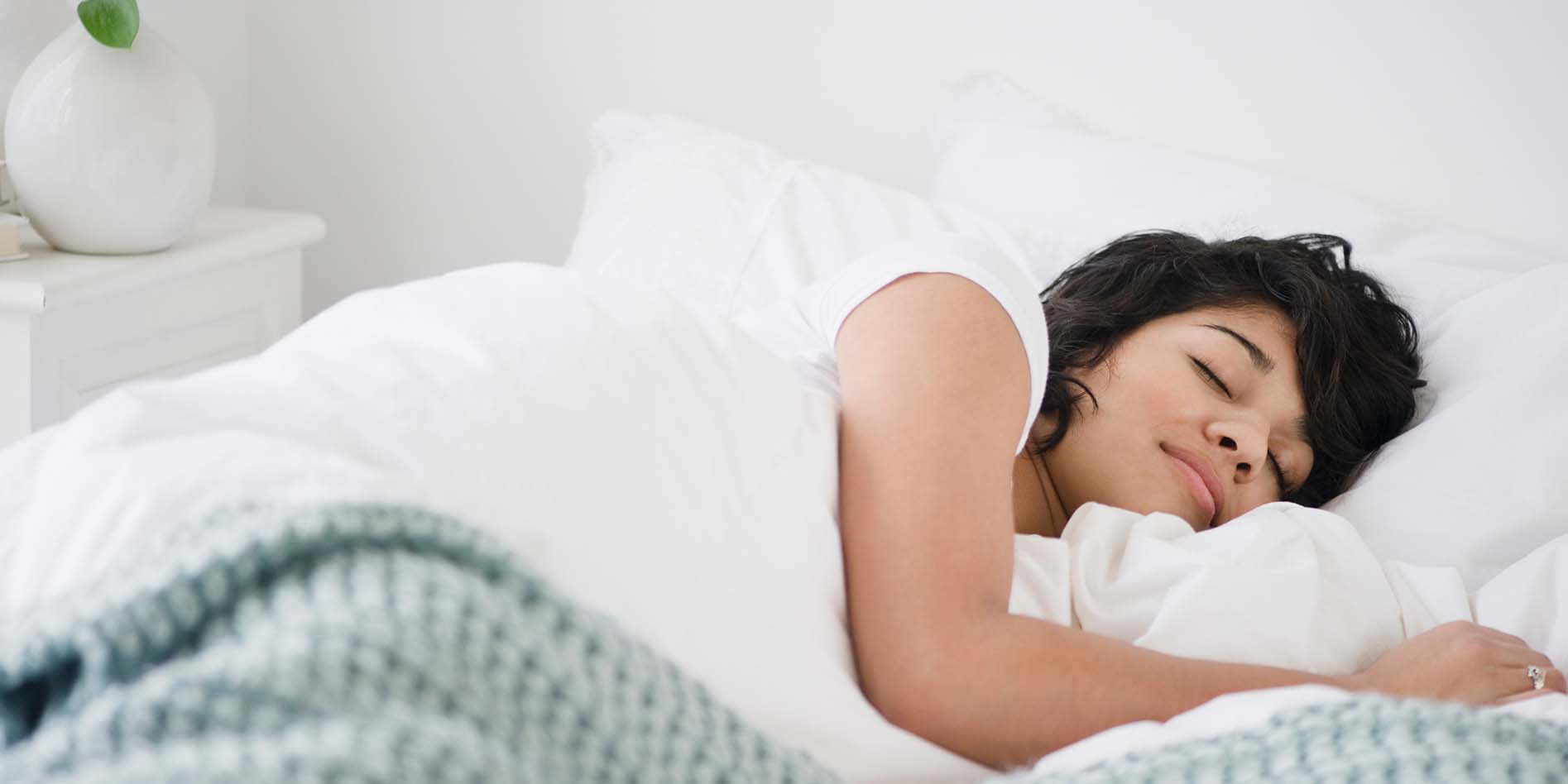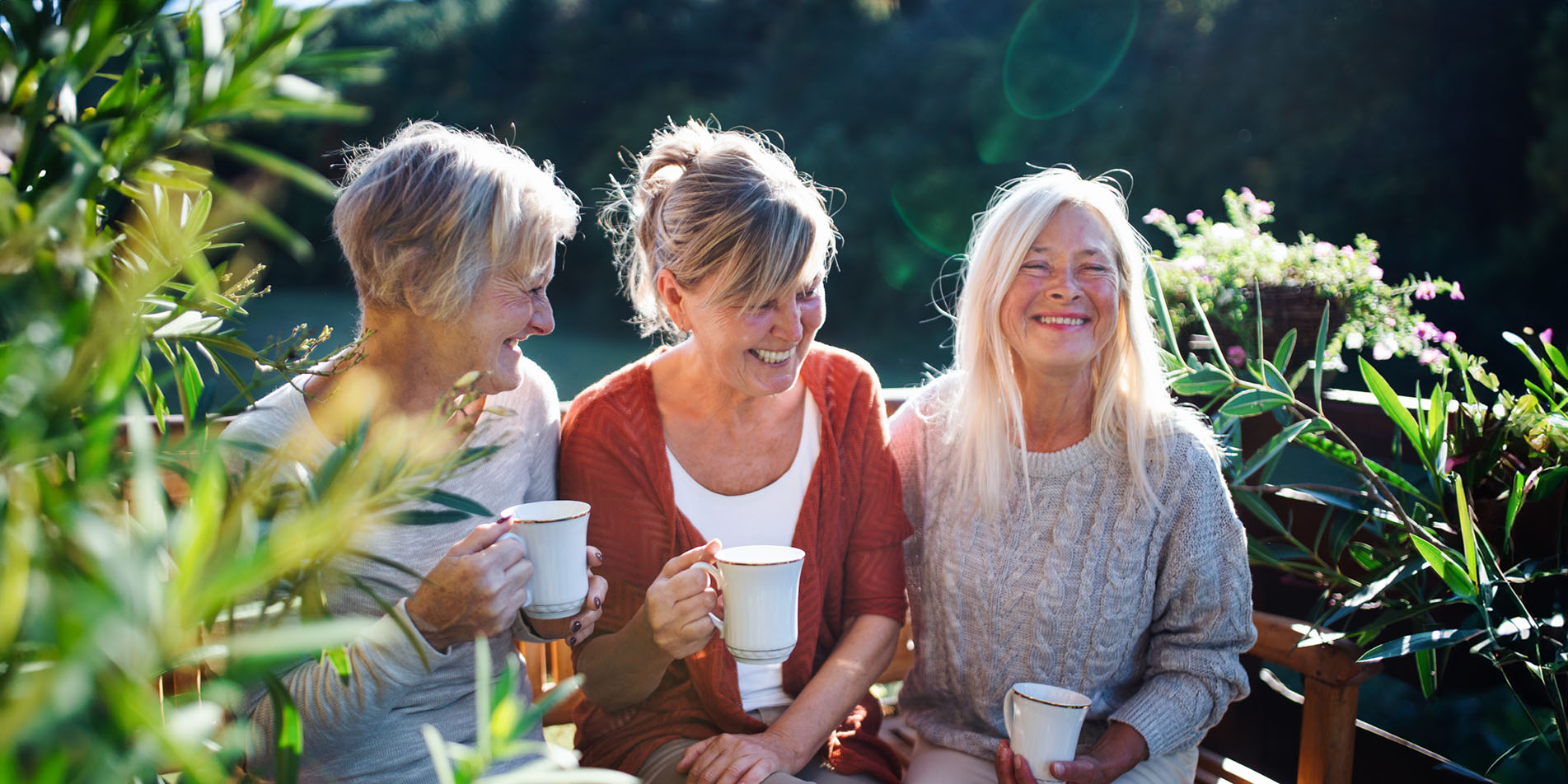Forget the sheep! There’s a better way to sleep
Physical HealthArticle19 November 2021
The list of benefits for a great night’s sleep is so long, listening to them all would probably have the actual affect of making someone fall into a deep, satisfying sleep!
The frustrating thing is, knowing we need a good night’s sleep is one thing, but actually getting a good night’s sleep is quite another. And for many of us who struggle with getting a healthy, peaceful nightly sleep, the idea of counting sheep seems like a ridiculous suggestion that many of us have tried at least once at some point in our lives! The good news is, in this blog we focus solely on strategies aimed at helping you enjoy a really good sleep, and not one of them involves sheep.
Consistency of Tips and Practices is important
According to the National Sleep Foundation one of the most important things to remember about good sleep is consistency. Whatever the tips or strategies we choose to follow, the idea is that it should become routine or habit – and that requires patience and the understanding that the fix might not be a one-size fits all scenario.
Decide on a sleep schedule
If there’s one thing our body clock enjoys, it’s routine. By going to bed at the same time each evening and waking up at the same time every morning, we provide our body with a reliable schedule. And while the idea of sleeping on the weekend seems like a tantalizing idea, it’s probably not, because once our body adjusts to a consistent schedule it repays us through a reliable sleep, night after night.
Create a bedroom ritual
A simple ritual to transition us from activity time towards sleep time can be as simple as reading a few pages of a book (one with printed words on a page, not a screen!) or the conscious decision to power down digital devices. According to Lisa Medalie, PsyD, a behavioral sleep medicine specialist at the University of Chicago, if there was one ritual to be singled out as an idea better than most, it would be putting away all screens for the night. “The light from the screen of your computer, tablet or phone is blue spectrum light, and it’s particularly dangerous because it tells the brain to stop secreting melatonin. Even a few minutes of exposure to it signals your brain to stay awake.”
The Exercise Effect
If we needed another positive reason to embark on a daily exercise routine, here it is! As little as ten minutes of aerobic activity such as brisk walking, jogging or cycling can have a fantastic impact on our sleep, especially when it comes to quality and duration. Exercise also packs a double bonus and reduces the risk of sleep disorders including sleep apnoea and busy leg syndrome. However, everyone is different, and while it used to considered as over stimulation of the body to exercise later in the evening, experts at Sleep.org believe that assumption no longer applies to everybody. Whether it’s morning, afternoon, after work in the evening, what matters most is exercising - and doing it daily.
No alcohol, cigarettes, and heavy meals in the evening
These stimulants are sleep disrupters. Ideally large meals should be consumed at least two hours before sleep time. In fact, a light snack around 45 minutes before sleep may take care of the ‘feeling hungry’ sleep inhibitor. Although the idea of a warm glass of milk before bed is considered something of an old wives tale, according to sleep and fatigue expert and director at Appleton Institute at Central Queensland University, Drew Dawson, there may be an element of truth to it. He told Huffington Post, ‘The common thought is milk can help people fall asleep because it contains two substances which are known to be related to sleep and relaxation: the hormone melatonin and the amino acid tryptophan'. However it’s interesting to note Dawson also theorises that “It could be that it just takes you 10 minutes to make a cup of milk and by that time you're relaxed enough to fall asleep.”
Audit the Bedroom
We can almost hear you say ‘What?’
Believe it or not, there are plenty of things we can do to improve the physical environment we sleep in. Colours known as ‘cool colours’ are recommended for restful rooms in the home, such as the bedroom, and include greys and blues. Also if possible, avoid carpet in the bedroom and instead of an air refreshner, the experts on sleep.org suggest trying essential oils instead. One of the most interesting things to consider in the bedroom audit is the position of the bed, with the general consensus being that the bed should be positioned as far away from the door as possible. On the bed try and use natural fibre cotton sheets that promote air flow and breathability and importantly, comfortable pillows. It’s also worth noting that the life expectancy of a mattress is about 8 or 9 years – beyond that the mattress will begin to lose support and potentially become less comfortable.
Some Final Thoughts
What we have focused on here are strategies to help improve the quality of sleep, rather than identifying causes of disruptive and poor sleep, many of which fall under a medical category.



